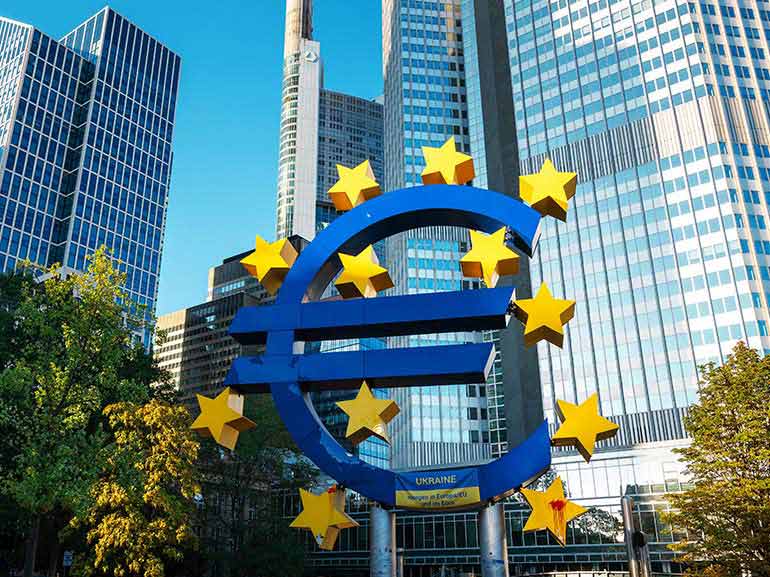BRUSSELS, Belgium – The European Union has approved a bloc-wide €10,000 cap on cash payments as part of sweeping new measures to strengthen financial transparency and curb money laundering and terrorist financing.
The regulation, adopted by the European Parliament and the Council of the EU, forms part of a broader legislative package aimed at preventing the misuse of the financial system for illicit activities. Under the new rules, cash transactions above €10,000 will be prohibited across all member states, although countries may choose to introduce even lower limits.
The move seeks to make it harder for criminals to launder illicit funds through cash-based transactions, which are often difficult to trace. However, the regulation provides several exemptions and clarifications on how the rule will be applied in practice.
According to Recital 161 of the regulation, the limit does not apply to payments made between private individuals who are not “acting in a professional capacity.” This means that personal transactions—such as a family member lending money to another or an individual selling a used car privately—will not be subject to the cap.
Similarly, the law states that cash payments or deposits made at bank branches, payment institutions, or electronic money institutions are also exempt. This exemption ensures that citizens can continue to deposit or withdraw large sums of cash from legitimate financial institutions without restriction.
The regulation prompted a formal written question from Anna Bryłka (PfE), a Member of the European Parliament (MEP), who asked the European Commission to clarify the practical meaning of the terms “not acting in a professional capacity” and “credit institutions, payment institutions or electronic money institutions.”
Bryłka argued that greater clarity is needed to ensure consistent interpretation and enforcement across EU member states, as the distinctions between personal and professional transactions can often be blurred.
“The Commission must clearly define what constitutes acting in a professional capacity to avoid uncertainty among citizens and businesses,” Bryłka stated in her question under Rule 144 of the European Parliament’s procedures.
The European Commission is expected to respond in writing, outlining practical examples to distinguish between private and professional dealings. Officials say the clarification will help national regulators and enforcement agencies implement the new regulation uniformly.
Background and Rationale
The cap on cash payments is a cornerstone of the EU’s Anti-Money Laundering (AML) and Countering the Financing of Terrorism (CFT) framework, adopted in response to increasing cross-border financial crime.
EU policymakers have long argued that large cash transactions pose a significant risk because they leave limited audit trails and can easily be used to disguise proceeds of crime or to finance terrorism.
In addition to the payment limit, the AML package includes the creation of a new European Anti-Money Laundering Authority (AMLA), based in Frankfurt, which will coordinate cross-border investigations and supervise high-risk financial entities.
Financial experts have welcomed the €10,000 threshold as a balanced approach between transparency and personal freedom, though some critics warn it could impact small businesses and citizens who rely heavily on cash transactions.
“The cap sends a strong message against financial crime, but its implementation must be careful not to inconvenience legitimate users of cash,” said Dr. Lukas Heinemann, a financial law analyst at the University of Cologne.
Each EU country now has the option to set stricter national limits, as some states—such as France and Spain—already impose lower caps on cash payments domestically.
The European Commission’s written clarification is expected to be published in the coming months, detailing how the regulation will be applied uniformly across all 27 EU member states.
The cash cap will officially take effect once the regulation is transposed into national laws, marking a major milestone in the EU’s campaign against money laundering and financial crime.
